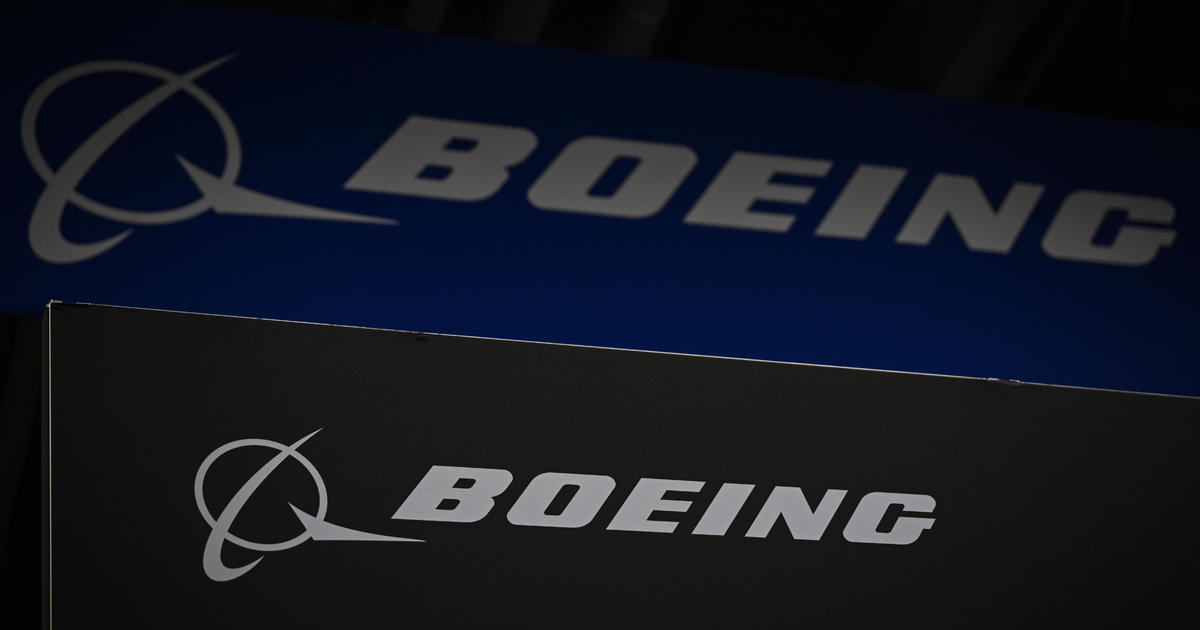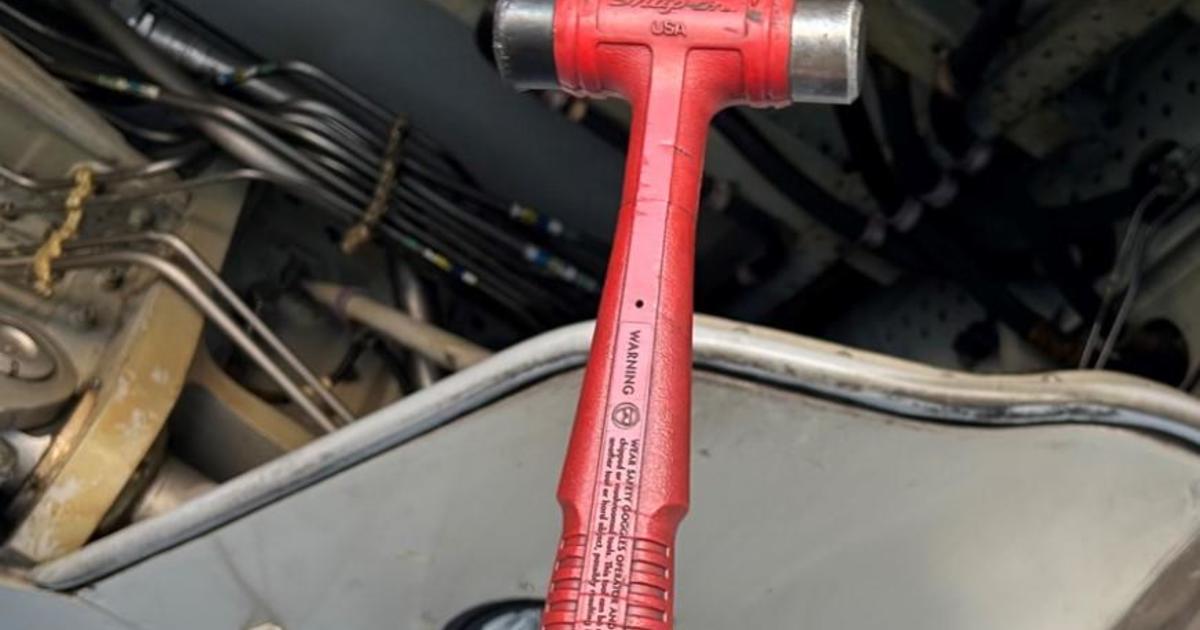OSHA has failed to protect workers from COVID-19, unions say
Half a century after Congress passed the Occupational Safety and Health Act, labor advocates say the agency in charge of enforcing the landmark law is failing to protect American workers during the coronavirus pandemic.
"We lag behind the rest of the world when it comes to health and safety on the job," AFL-CIO President Richard Trumka said this week in a conference call. "OSHA has been absent."
The Department of Labor's Occupational Safety and Health Administration hasn't investigated most of the thousands of complaints employees have filed this year expressing concern about infection risks in the workplace, according to a report this week from the American Federation of Labor and Congress of Industrial Organizations, a federation of U.S. labor unions. Furthermore, OSHA has given what amounts to a slap on the wrist to the few companies it has taken action against, the AFL-CIO contends.
Through October 1, OSHA has opened investigations into only 198 of the more than 9,000 employee complaints it received related to COVID-19, according to the AFL-CIO, which examined OSHA data.
The federal agency "has investigated few complaints and issued fewer citations, and only recently," stated the report, which found that OSHA has opened investigations for just 198 of 9,051 complaints and for 85 of the 1,215 referrals related to COVID through October 1. Of the complaints, more than 2,000 were from health care workers and more than 1,000 were from retail workers, the union said.
More than 212,000 Americans have died of COVID-19, according to John Hopkins University, but there is no precise tally of how many people have contracted the virus at work. That's because there is no national system in place for collecting data on COVID-19 infections in the workplace, and employers aren't required to publicly report the information.
Still, from meat slaughtering plants to nursing homes, medical facilities and warehouses, workplaces have proved to be a major source of COVID-19 outbreaks, according to the U.S. Centers for Disease Control and Prevention, media accounts and labor unions.
After coronavirus outbreaks that began with one in March at a long-term care facility in Washington state, it became clear that indoor work sites with poor ventilation and crowded conditions put people at risk, especially in settings where people are known to be infected, like hospitals.
"As we head into hopefully what is not going to be the second wave, it's unclear what lessons we've learned, and it's unclear if workers are going to be protected," said Debbie White, a nurse and union leader in New Jersey.
OSHA: We're "working around the clock"
Reached for comment, a Labor Department spokesperson said OSHA had closed 8,702 of the 10,485 complaints received by the agency between February 1 and October 5. The agency conducted nearly 1,100 inspections related to COVID-19, the spokesperson said.
"OSHA is working around the clock to protect America's workers during the pandemic," the spokesperson said in an email.
The Labor Department's enforcement actions include its proposal last month that Smithfield Foods pay a $13,494 fine for failing to protect employees at a meat processing plant in Sioux Falls, South Dakota. Nearly 1,300 workers at the plant contracted COVID-19 and four died. Smithfield has dismissed the agency's findings as without merit and said it would contest them.
The AFL-CIO sued OSHA in May, asking a court to force the agency to issue standards clarifying what companies must do to protect workers from COVID-19 and other infectious diseases. Some lawmakers have also pressed OSHA to outline clear guidelines.
"Deep into this pandemic, OSHA has still not developed any enforceable standards for employers to follow that can protect workers from the airborne transmission of the novel coronavirus," Rep. Alma Adams, a Democrat from North Carolina, said in a May 28 congressional hearing. "How, after tens of thousands of workplace infections and hundreds of worker deaths, why is OSHA missing in action?"
Loren Sweatt, OSHA's principal deputy assistant secretary, said at the same hearing that her agency's approach gives it "needed flexibility to be responsive to a virus that we learn more about each day."
A labor standard for COVID-19
The argument doesn't fly with Sharon Block, who headed the U.S. Department of Labor's policy office during the Obama administration.
"We've continued to learn a lot about this disease, but we have known from its beginnings that workers standing close together without appropriate protective equipment was making them sick," Block, now executive director of the Labor and Worklife Program at Harvard Law School, told CBS MoneyWatch.
"The best thing they could do is issue one specifically geared toward the COVID-19 threat," said Block, adding she and her former colleagues at the Labor Department had begun work on an infectious disease standard, which they left for the Trump administration. "I find it extremely discouraging — in some senses it is tragic — that they have not issued one."
The DOL disputes the notion, saying that existing OSHA requirements protect workers from "exposure to infectious diseases and other hazards in the workplace." The agency also has published guidance for employers to prepare their workplaces for an outbreak, as well as issued industry-specific alerts for workers in fields including retail and construction.
In response to the AFL-CIO's lawsuit, the U.S. Court of Appeals for the District of Columbia Circuit unanimously ruled that OSHA had "reasonably determined that an emergency temporary standard is not necessary at this time," the Labor Department spokesperson said.



